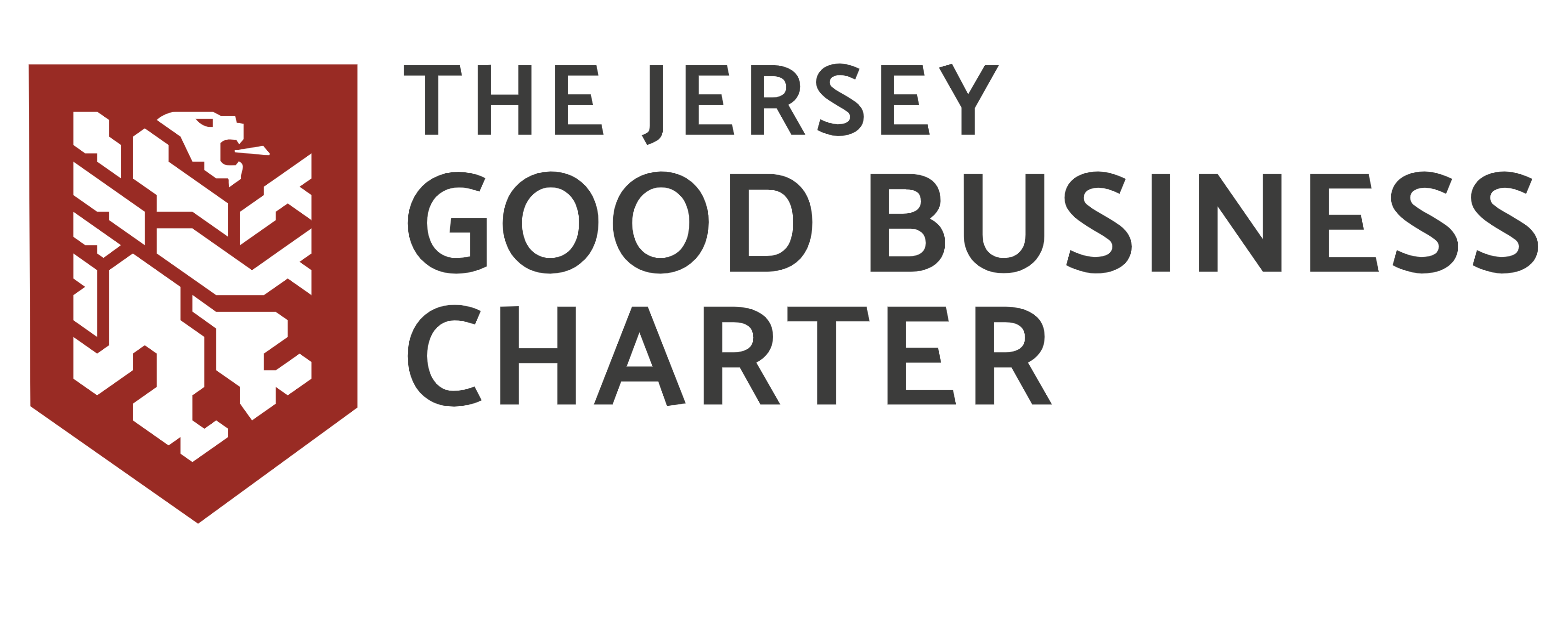The Jersey Good Business Charter Criteria related to Customers
In today’s world, ethical business practices are becoming increasingly crucial, not only for the sustainability of enterprises but also for the well-being of the communities they serve. The Jersey Good Business Charter stands as a beacon for businesses aspiring to operate with integrity and responsibility. At its core, the Charter emphasizes principles that revolve around treating customers fairly, providing quality products and services, and handling disputes transparently and ethically.
Quality Products and Services
One of the key areas the Charter focuses on is ensuring businesses design and deliver high-quality products and services that genuinely meet human needs. For instance, Indicator 2.1.1 assesses whether businesses intentionally design products with user experience in mind, involving customers in the design process to ensure their needs are met. This principle recognizes that products and services should not only fulfill their intended purpose but also enhance the lives of customers.
Honest Sales Practices
Ethical sales practices are another cornerstone of the Charter, as seen in Indicator 2.3.1. This indicator evaluates whether businesses employ an honest and ethical approach to sales, avoiding misrepresentation and focusing on genuine customer needs. By adhering to transparent sales practices and disclosing relevant information, businesses can build trust and credibility with their customers, fostering long-term relationships based on mutual respect.
Dispute Resolution
Handling complaints and disputes with integrity is essential for maintaining customer trust and loyalty. Indicators such as 2.4.1 assess the effectiveness of complaint handling procedures, emphasizing the importance of swift, empathetic resolution. Transparently taking responsibility for resolved complaints and errors, as outlined in Indicator 2.4.3, further demonstrates a commitment to accountability and continuous improvement.
Meeting the Criteria
To meet the criteria outlined in the Jersey Good Business Charter related to customers, businesses must:
- Design products and services with customer needs in mind: Engage customers in the design process, prioritize quality, and ensure products are built to last.
- Adopt ethical sales practices: Train sales teams in ethical marketing, disclose commissions, and offer transparent sales terms.
- Handle complaints and disputes with transparency and empathy: Establish clear complaint handling procedures, train staff in effective dispute resolution, and take responsibility for errors and resolutions.
By aligning their practices with the principles outlined in the Charter, businesses can not only enhance their reputation and competitiveness but also contribute positively to the well-being of their customers and communities. Embracing ethical standards isn’t just a legal or regulatory requirement; it’s a moral imperative that shapes the future of responsible business conduct in Jersey and beyond.
